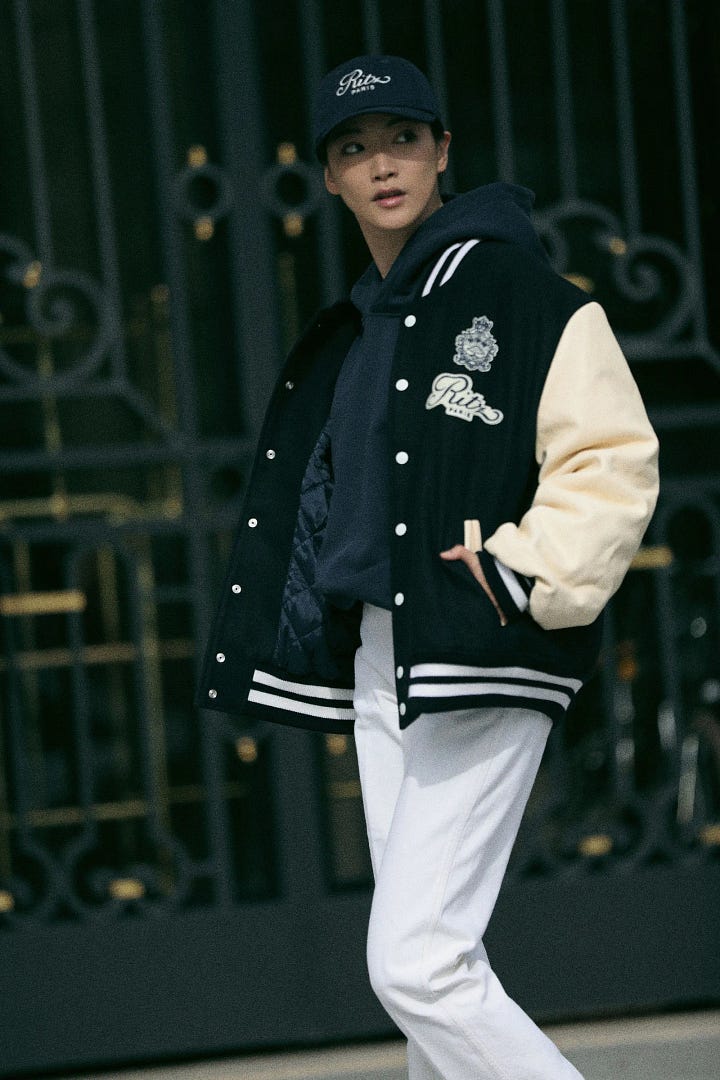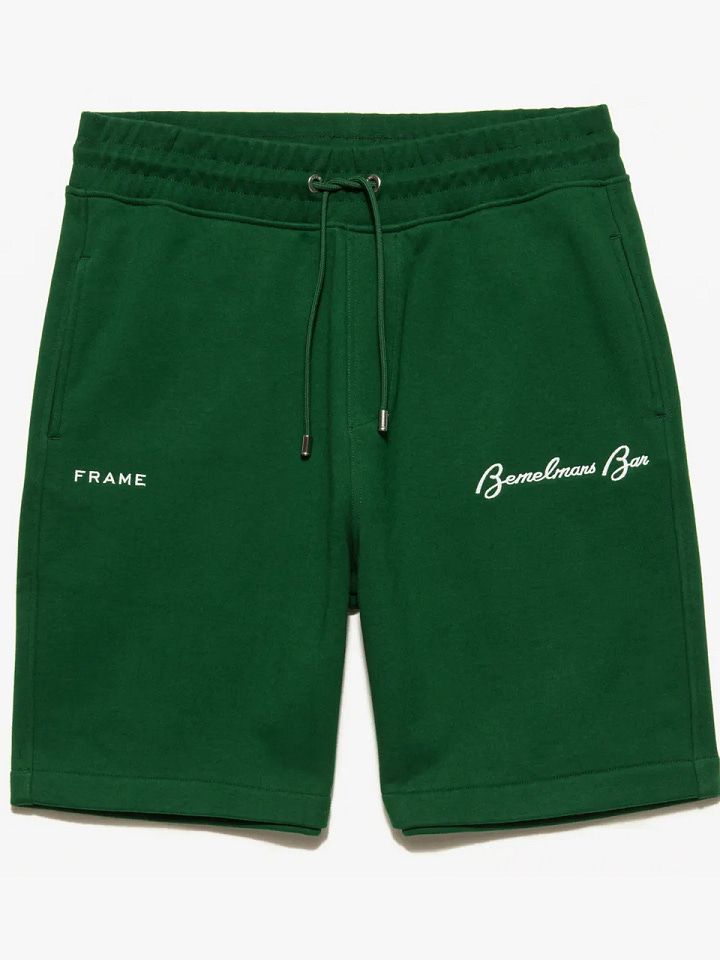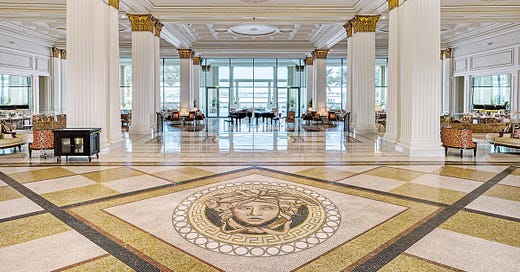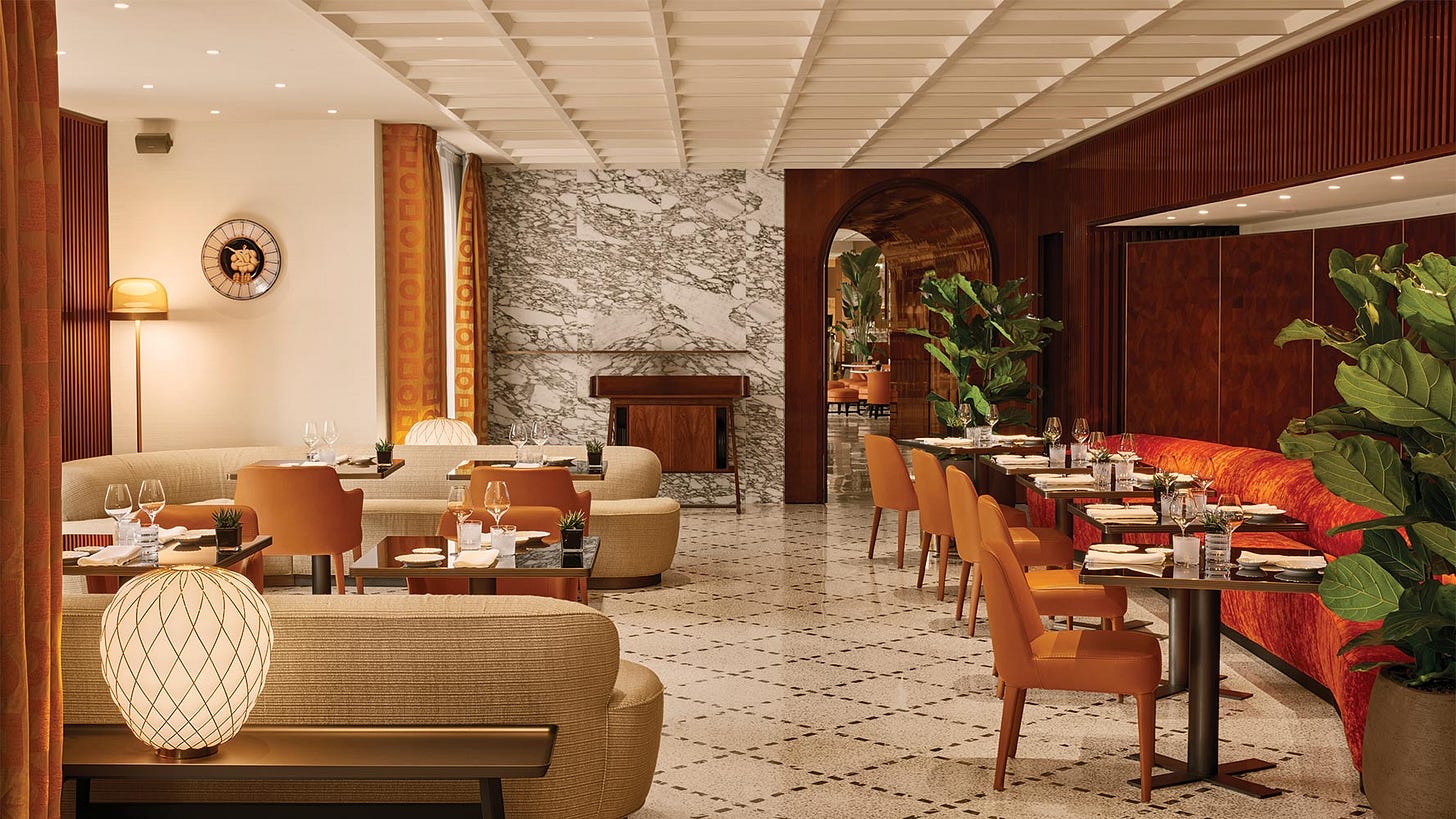An Opulent Affair: When Fashion Meets Luxury Hospitality
How does the marriage of fashion and luxury hospitality redefine the art of indulgence and elevate the guest experience?
Hello Fashion Talk readers .. Happy Friday!
Today, we're delving into an exciting new intersection: Fashion x Luxury Hospitality.
In today's dynamic consumer landscape, brands are constantly seeking innovative ways to captivate their audiences and differentiate themselves in a crowded market. One compelling avenue they're exploring is luxury hospitality.
In this article, we’re exploring the fascinating world of brand-hotel collaborations, designer hotels, and the seamless blending of high fashion with five-star hospitality experiences.
The Rise of Brand-Hotel Collaborations




In a bid to extend their influence beyond traditional avenues, fashion brands are forging strategic partnerships with luxury hotels, creating unique offerings that transcend the boundaries of both industries.
The objective?
To become not just purveyors of goods, but agenda-setting tastemakers capable of fostering deep connections with customers. These collaborations aim to offer discerning consumers unparalleled experiences that seamlessly integrate fashion, design, and hospitality.
Amidst this paradigm shift, hotels emerge as pivotal players in extending brand influence into broader cultural realms. For brands, partnering with hotels presents a golden opportunity to expand their halo effect while tapping into new revenue streams.
Luxury fashion and hospitality industries, in particular, share common ground in their pursuit of delivering extraordinary experiences and unmatched customer satisfaction. By joining forces, they create synergistic spaces that transcend the limitations of fashion alone.
Consider the collaboration between Rosewood London and rental service My Wardrobe HQ during London Fashion Week, offering shoppers access to coveted brands like Stella McCartney and Prada. Such partnerships exemplify the convergence of fashion and hospitality, leveraging each other's strengths to craft memorable experiences for consumers.
Whether it's a chic denim brand, such as Frame’s collaboration with New York’s Carlyle and Ritz Paris, teaming up with a prestigious hotel to create a limited-edition collection or a renowned designer lending their signature style to a luxury resort, these collaborations redefine the concept of brand engagement and elevate the guest experience to new heights.
The collaboration between Frame and The Carlyle resulted in a successful capsule collection that epitomized the hotel's "casual elegance" while tapping into shifting fashion trends. The collaboration with Ritz Paris has reached its third partnership, highlighting its continued success.
Another great example is NO Uniform, founded by Nicholas Oakwell. It is a luxury design house that specializes in crafting cutting-edge, sustainability-minded uniforms for top-tier hospitality brands. The brand aims to challenge the traditional concept of bland hospitality attire that often renders wearers invisible.
Oakwell's vision entails offering innovative styles, vibrant hues, and luxurious fabrics that authentically reflect the opulence of the luxury industry. The brand has worked with Raffles & Fairmont, Doha, Fontainebleau Las Vegas, Rosewood London, Corinthia London and The Goring Hotel.
The Emergence of Designer Hotels
The convergence of fashion and luxury hospitality extends beyond one-off collaborations. Major luxury brands like Louis Vuitton are venturing deeper into the hospitality sector, with plans to open their first branded hotel in Paris on the Champs Elysées in 2026, marking a significant diversification strategy. Similarly, Fila is set to debut its Fila House in Shanghai this year, in partnership with Hyatt, promising a unique experience reflecting the brand's free-spirited attitude and “legacy of style designed for life-in-motion.” This hotel aims to craft a unique experience tailored for modern young travelers who crave living in the moment (sounds right up my alley)!
Established luxury brands such as Versace, Bulgari, and Armani pioneered this sector by introducing their own branded hotels at the outset of the decade, laying the groundwork for the era of brand-hotel collaborations. These ventures, managed by hospitality experts like Palazzo, Marriott International, and Ritz-Carlton, aim to encapsulate the essence of the respective brands, offering guests a taste of their timeless glamour and heritage.
Beyond traditional luxury concepts, hotels are redefining their roles as cultural hubs and lifestyle destinations. This evolution is driving innovative collaborations and experiences, such as the Fendi Beach Club in Marbella or the Sir Paul Smith Suite at Brown's Hotel in London.
The Impact on Consumer Experience
These collaborations and designer hotels offer guests a chance to immerse themselves in the world of high fashion. Whether savoring a meal at a Michelin-starred restaurant or browsing designer goods in a boutique, guests are treated to an unforgettable journey.
Moreover, these collaborations foster brand loyalty among discerning consumers who value authenticity and craftsmanship.
The convergence of fashion and hospitality isn't just about aesthetics—it's about creating meaningful connections and immersive experiences.
What Fashion Can Learn from the Hospitality Industry



Luxury travel has shifted to emphasize one-of-a-kind experiences and total immersion in destinations. There is an opportunity for fashion and luxury to offer unique product edits that correspond with specific locations. Collaboration with hospitality can create unique moments with highly personal service, enhancing the consumer experience.
Social responsibility within luxury travel is also crucial, as businesses should focus on giving back to local communities and preserving ecosystems.
The Business of Fashion’s conversation with Auberge Resorts' CMO, Mike Minchin, explored this intersection of luxury and hospitality, emphasizing the shift towards experiential travel and its implications for the fashion industry.
Auberge Resorts treats each destination as a unique brand, offering tailored experiences for travelers seeking authenticity. Minchin highlights the potential for collaborations between travel and luxury brands to create exclusive, location-specific offerings, bridging the gap between travel and premium shopping experiences.
He also emphasizes how the resort makes an effort to be socially responsible, citing Auberge Resorts' initiatives to support local communities and ecosystems across its properties.
Looking ahead, collaborations between fashion and hospitality will continue to flourish, reshaping the luxury landscape and offering consumers unparalleled experiences. As the lines between industries blur, brands that embrace this convergence will thrive, delivering unique, memorable experiences that transcend traditional luxury standards.
Keep an eye on this space as we explore the synergies between these two industries further on Fashion Talk.
For updates, follow Fashion Talk on Instagram.









